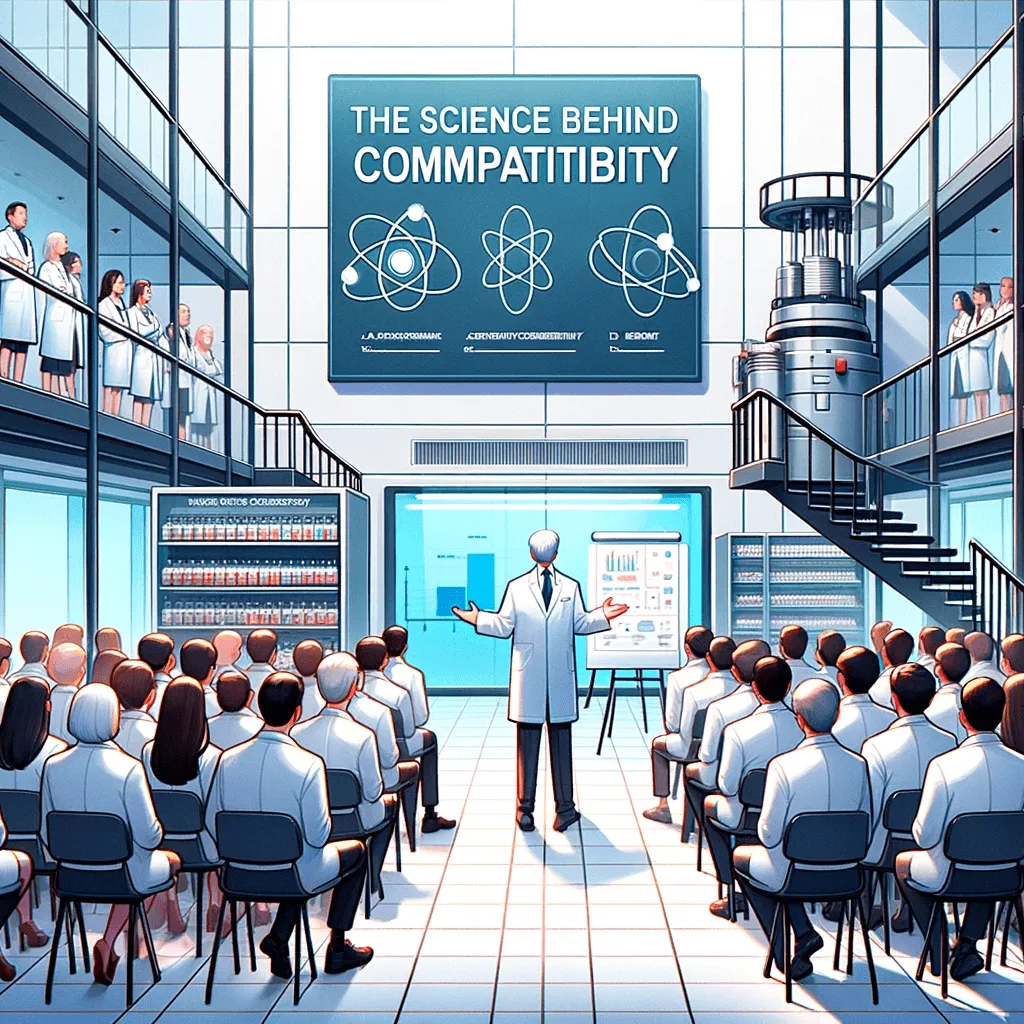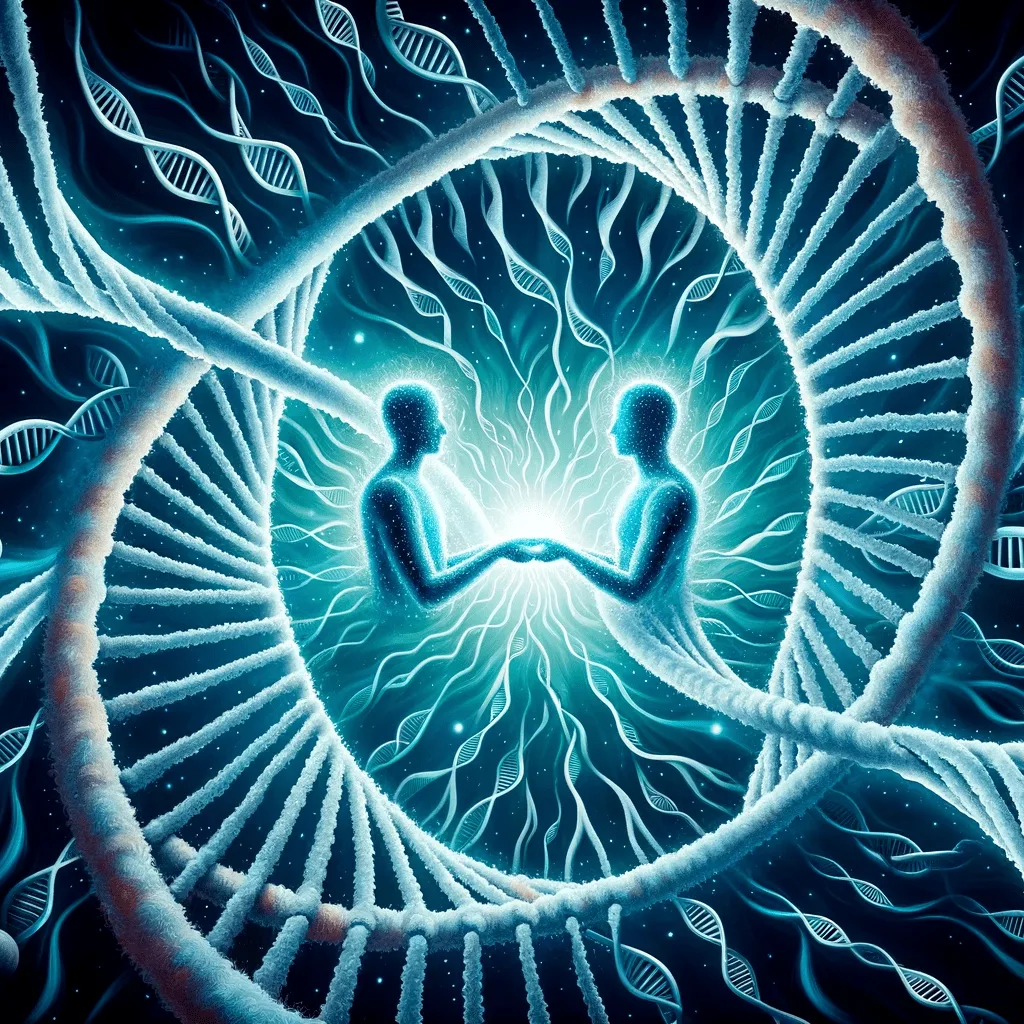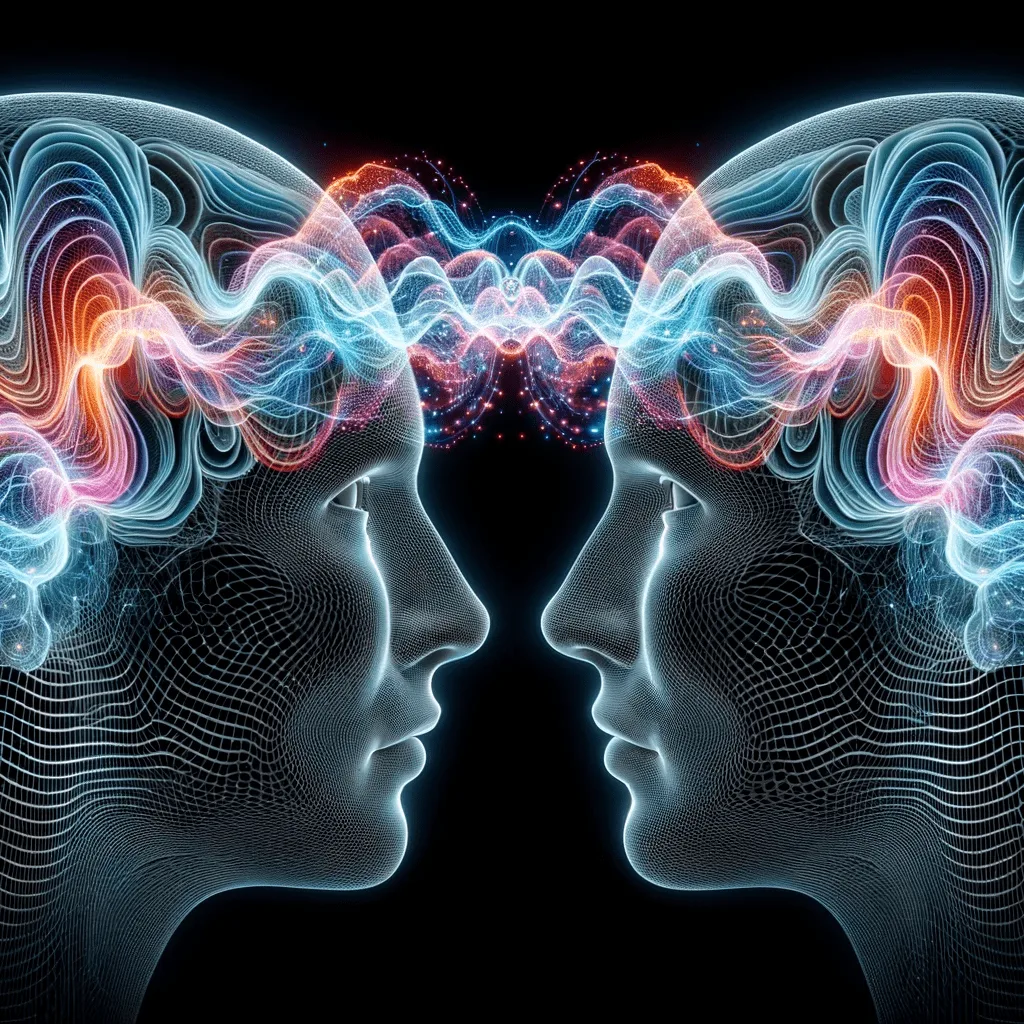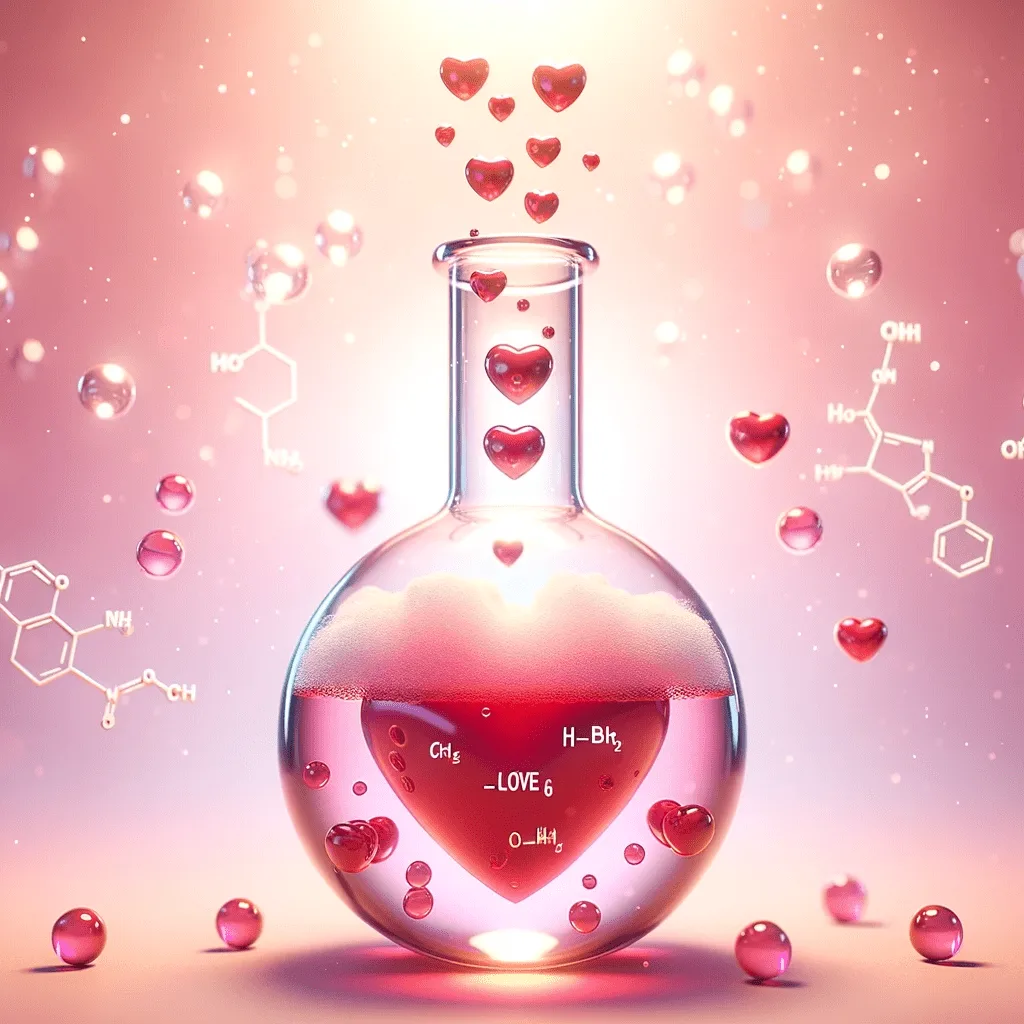
The Science Behind Harmonious Bonds
In a modern research facility, Dr. Adrian, a renowned behavioral scientist, organized a symposium titled "The Science Behind Compatibility." Scholars from various disciplines gathered, eager to dissect the intricate dance of human relationships through a scientific lens.
article by Sofia Ferguson
The Biological Basis Of Compatibility
Dr. Adrian began by delving into the biological aspects. "Our genes play a role in whom we find compatible," he stated. Studies have shown that certain genetic markers can influence partner choice, ensuring genetic diversity for offspring.

Brain Waves & Resonance
Neuroscience offers intriguing insights into compatibility. Brain scans reveal that in harmonious relationships, partners often exhibit synchronized brain wave patterns, especially when problem-solving or communicating. This neural mirroring suggests a deep cognitive connection.
The Chemistry Of Connection
"Ever heard of 'relationship chemistry'?" Dr. Adrian asked. Oxytocin and vasopressin, often termed "love hormones," play crucial roles in forming and maintaining bonds. Elevated levels of these hormones can enhance feelings of trust and attachment, foundational elements of compatibility.

Personality & Psychological Alignment
Drawing from psychology, Dr. Adrian touched upon the role of personality types. Tools like the Big Five personality traits provide empirical measures of compatibility. For instance, two individuals scoring high on 'agreeableness' might find better rapport.

Environmental & Upbringing Influences
It's not all in the genes and brainwaves. Environmental factors, including cultural background and upbringing, significantly influence our compatibility preferences. Shared experiences, values, and socio-cultural backgrounds often lead to smoother communication and understanding.
Future Predictions
The symposium took a futuristic turn as Dr. Adrian introduced the role of artificial intelligence in predicting compatibility. Machine learning algorithms, trained on vast datasets of human interactions, are being developed to predict potential compatibility between individuals with surprising accuracy.

As the symposium wrapped up, it was evident that the science of compatibility was multi-faceted, drawing from biology, neuroscience, psychology, and even technology. While the heart's mysteries might never be fully decoded, science continues to offer illuminating insights into the enigma of human connections.
Published: 10/17/2023
Modified: 11/14/2023
More predictions
Come back here soon to learn more about yourself and your future





